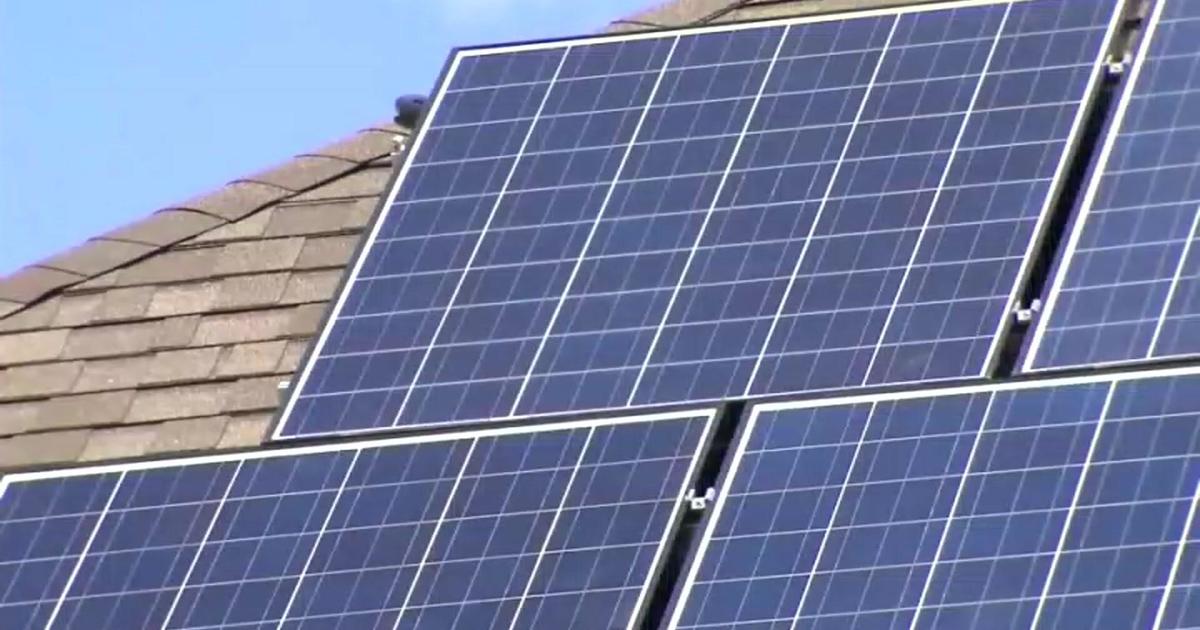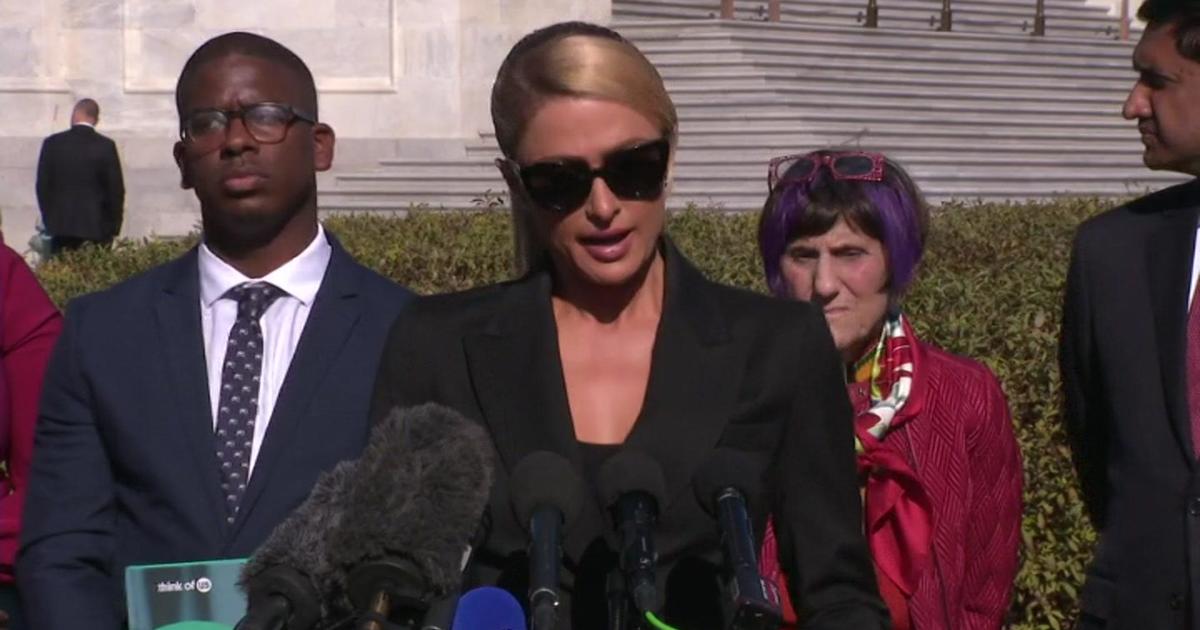FCC Chairman Outlines Net Neutrality Plan As Commission Rips Broadband Deployment Pace
SACRAMENTO (CBS13) — The chairman of the Federal Communications Commission briefly outlined his plan for net neutrality in a column for Wired.
Referring to the rules as "the strongest open internet protections ever proposed," FCC Chairman Tom Wheeler revealed plans to ban paid prioritization of Internet traffic, as well as blocking or throttling other content, so long as it's legal.
Wheeler also proposed regulating broadband operators under what he calls a modernized set of Title II regulations. Part of that modernization would include no tariffs or rate regulation.
Wheeler's plan would also not include so-called "last-mile unbundling." That would have required Internet service providers such as Comcast to open their lines for local operators to lease, potentially driving down rates for customers.
In a surprise move, Wheeler also proposed the same rules extend to mobile providers who were exempt from the last round of proposed net neutrality regulations. Those were thrown out by the U.S. Supreme Court in January 2014, which said the FCC lacked the regulatory authority under that plan. The court did leave open the possibility of regulation under Title II.
The announcement comes a week after the FCC redefined broadband Internet connections as having a minimum speed of 25 Mbps down, and 3 Mbps up.
On Wednesday, the FCC also released a report stating the pace of broadband deployment wasn't keeping up in the United States. The report shows 55 million Americans, or about 17 percent of the country, live in an area where broadband Internet speeds don't exist. The issue, it states, isn't one of demand, but one of supply and infrastructure. The population density in cities allows for more customers to be hooked up with fewer resources; in rural communities, the financial incentive for companies to expand isn't as strong.
One solution to the problem of rural Internet coverage has been satellite Internet service or mobile connections. The report states that's not a viable option yet, as satellite providers aren't capable of broadband speeds, and the latency of those connections raises usability concerns.
Globally, the United States is ranked 26th out of 40 countries surveyed by the report.



